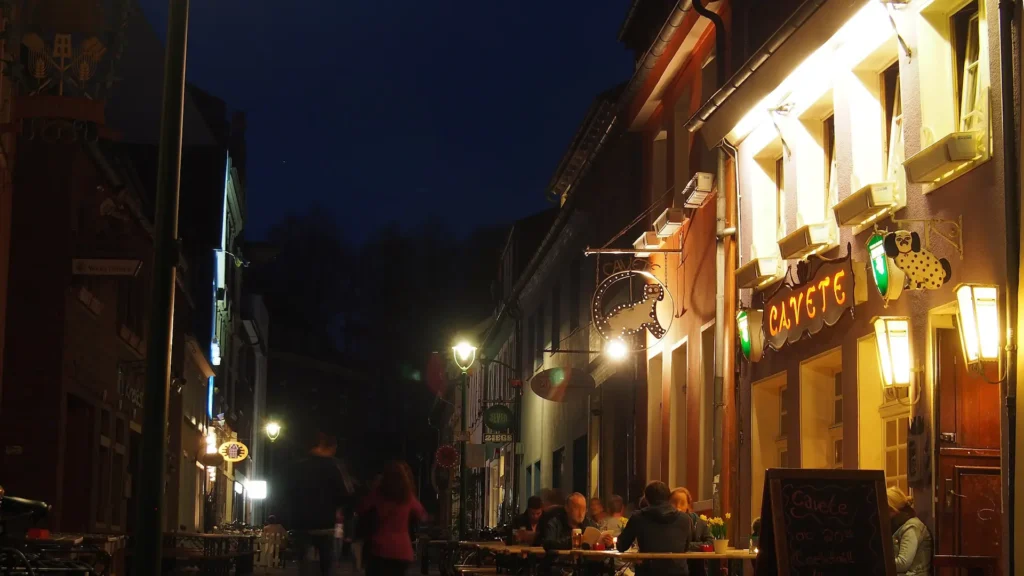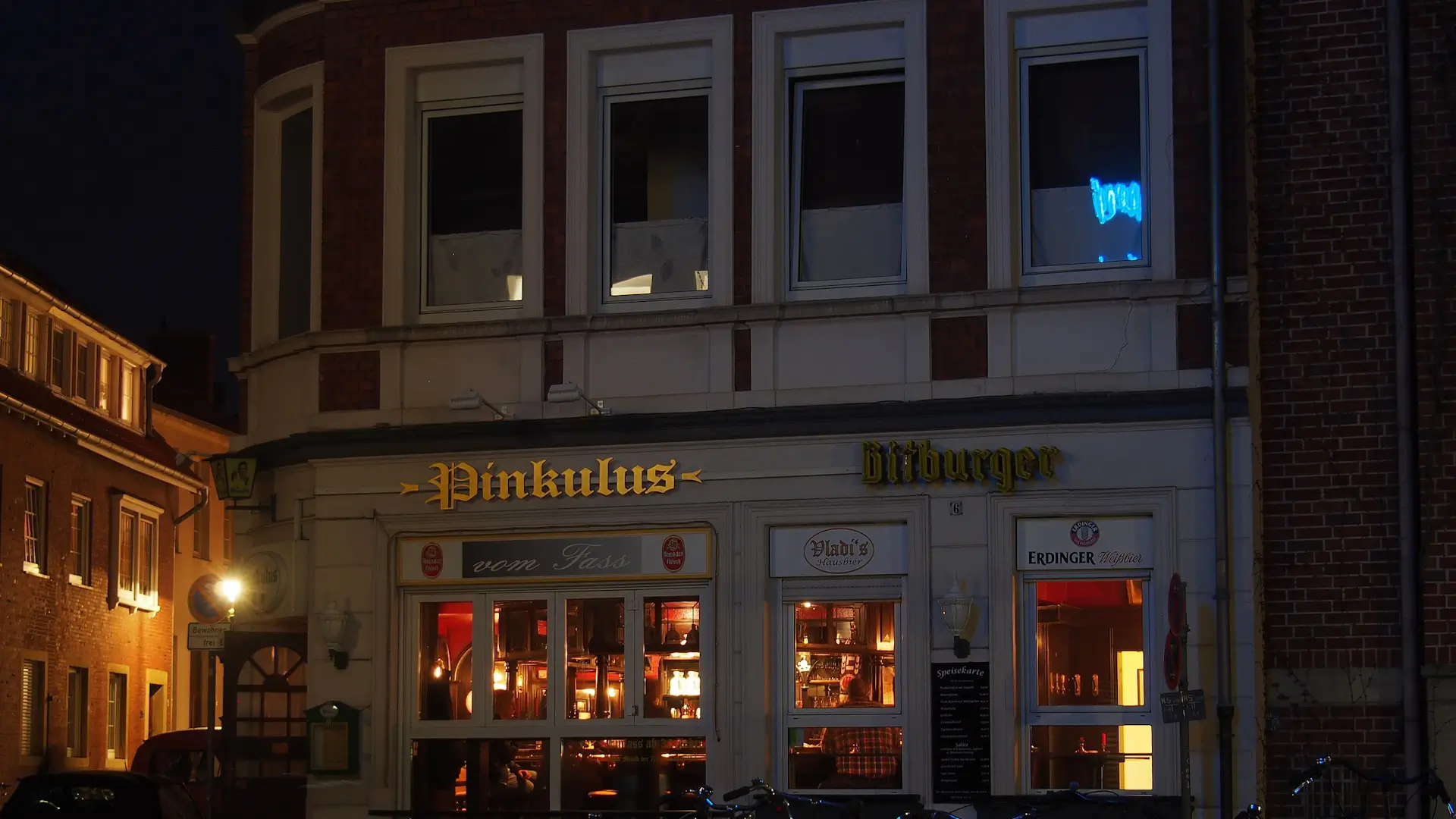As part of their fight against human trafficking and sexual exploitation, the police in Münster checked several locations in the city’s red-light district. During the inspections, they found multiple cases of illegal prostitution and made one arrest.
The Münster police announced on Friday, June 13, that they had discovered these cases at a private apartment in the north of the city and in two hotels near the main train station.
Woman arrested after warrant found
At the apartment in Münster-Nord, officers found a woman who was already known to the police. They discovered that there was a warrant for her arrest and took her into custody. In other cases, the police ordered the women to stop working and reported them to the city authorities.
The inspections were part of a Europe-wide project that took place from June 2 to June 6. The goal of the operation was to find and stop human trafficking and sexual exploitation in the area.
Expansion of illegal prostitution cases in Münster
Between June 2–6, 2025, Münster police participated in a Europe-wide operation targeting human trafficking and sexual exploitation. As part of this effort, officers conducted inspections in Münster-Nord and around the main train station. They uncovered various instances of illegal prostitution, leading to one arrest and further administrative actions.
At a private apartment in Münster-Nord, officers found a woman who was previously known to local authorities. A warrant was discovered for her arrest, and she was taken into custody immediately . In addition, two nearby hotels were inspected. Authorities found women engaging in prostitution without the required legal permits or registration, which is a violation under German law. These individuals were not arrested but were ordered to cease operations and registered with municipal authorities for enforcement follow-up .
These findings largely consisted of administrative infractions—working without proper documentation—rather than outright trafficking offenses. Other than the one arrest, no allegations were made regarding organized trafficking, forced labor, or any broader criminal ring related to human trafficking .

Enforcement tactics and immediate outcomes
The Münster operation is part of an ongoing effort coordinated across Europe to fight human trafficking and sexual exploitation, combining local police efforts with broader transnational action . Police prioritized swift identification of legal non-compliance and prompt enforcement.
Targeted inspections in private residences and hotels reflect a pattern: illegal, unlicensed sex work often operates in residential and short-stay locations, which are more difficult to monitor than public brothels. According to police, these settings may facilitate covert prostitution activity, adding complexity to enforcement efforts .
While administering stop-work orders and logging violations are immediate results, police emphasized that such measures also function as deterrents, signaling that illegal sex work will not be tolerated. The administrative processes further allow city officials to keep offenders under observation, potentially leading to more serious legal intervention if they reoffend .
It is important to note that no victims were explicitly identified as victims of trafficking. Similarly, the investigation did not produce evidence suggesting the presence of trafficking organizations, coercion, or exploitation beyond unlicensed sex work. Police have stated that analyses of the collected data may result in deeper investigations if indicators of trafficking emerge.
Looking ahead, investigations and coordination
The initial outcome includes the arrest of one woman via an outstanding warrant and multiple cases forwarded via municipal processes. The investigation remains active: police will evaluate whether the administrative reports and contact with city departments warrant additional inquiries or charges .
Municipal collaboration is likely. Police departments typically work alongside social and health services when prostitution laws are violated, aiming to ensure compliance and support rather than only impose penalties. If misconduct resurfaces, further restrictive steps—such as visa checks, involuntary exit orders, or broader investigations—could follow.
In conclusion: Münster’s recent inspections revealed a muted but persistent problem of unlicensed prostitution, primarily occurring in apartments or small hotels. The operation resulted in one warrant-based arrest and multiple administrative referrals for non-compliance. While organized trafficking or exploitation has not been uncovered, authorities remain vigilant, using administrative tools to monitor and potentially escalate enforcement actions if needed.

